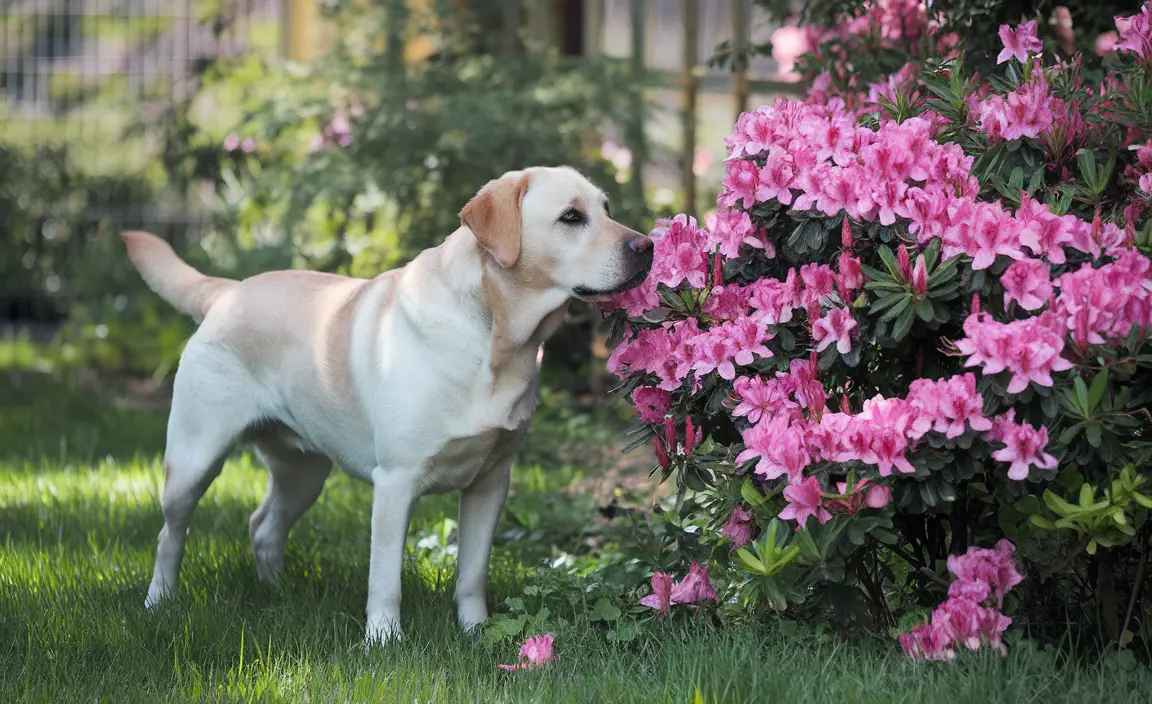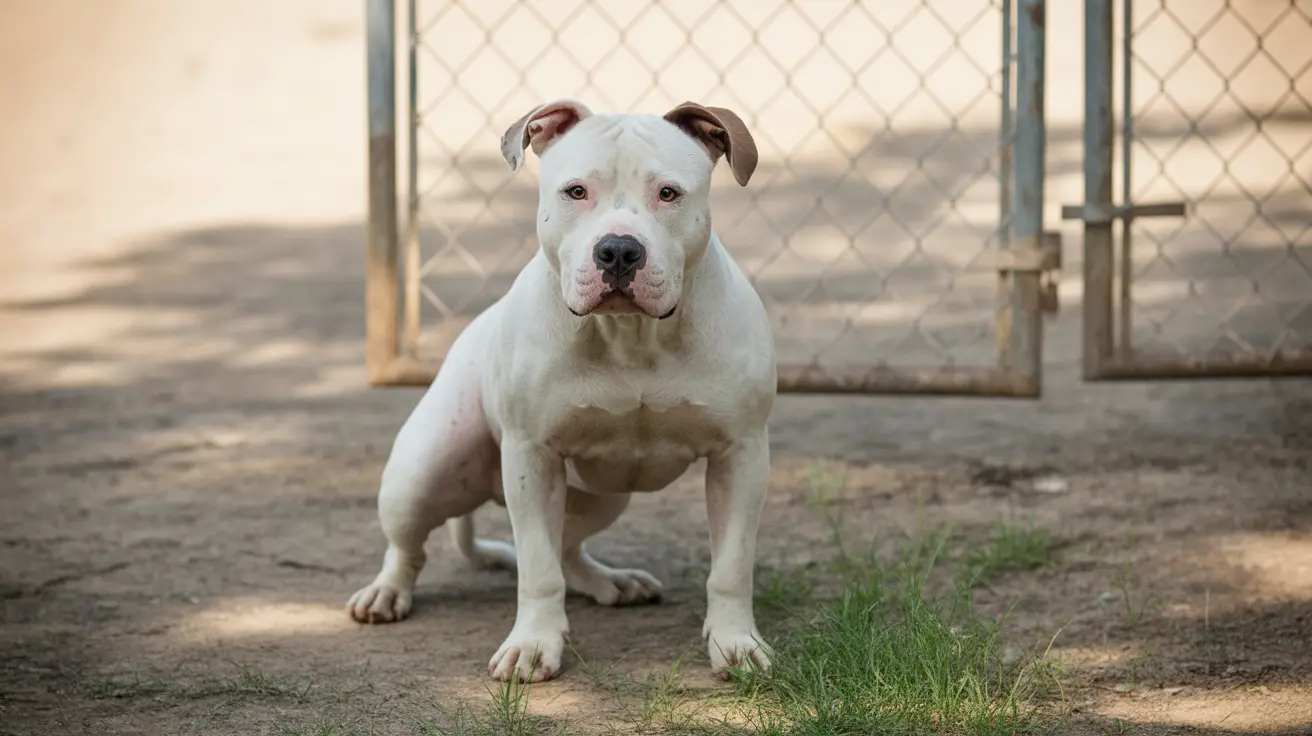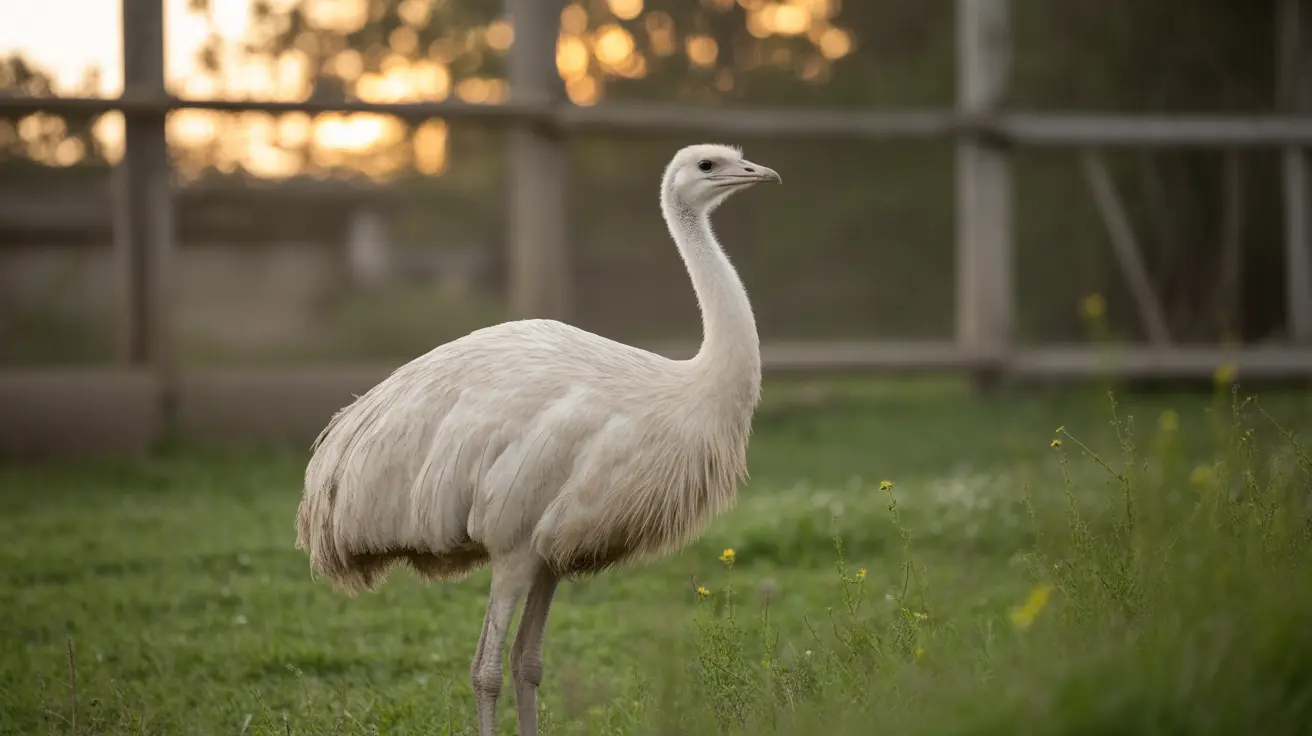As a dog owner, creating a safe environment for your furry friend is paramount. One often overlooked danger lurking in many gardens is the beautiful yet toxic azalea plant. These ornamental shrubs, while stunning, can pose a serious health risk to dogs, potentially causing life-threatening poisoning with even a small amount of ingestion.
Understanding the risks, symptoms, and immediate actions to take can make all the difference in protecting your beloved pet from azalea toxicity.
Understanding Azalea Toxicity in Dogs
Azaleas are extremely dangerous to dogs due to the presence of grayanotoxins, compounds that can severely disrupt cellular function. These toxins affect multiple body systems, making azalea poisoning a critical veterinary emergency.
How Toxic Are Azaleas?
Every part of the azalea plant is poisonous to dogs, including:
- Leaves
- Flowers
- Stems
- Pollen
Shockingly, consuming just 0.2% of a dog's body weight in azalea plant material can trigger a serious poisoning event. This means even a small nibble or accidental ingestion can lead to severe health complications.
Recognizing Symptoms of Azalea Poisoning
Gastrointestinal Warning Signs
Dogs experiencing azalea poisoning may exhibit immediate digestive distress, including:
- Excessive drooling
- Vomiting
- Diarrhea
- Abdominal pain
- Complete loss of appetite
Neurological and Cardiovascular Symptoms
The grayanotoxins can cause alarming neurological and heart-related symptoms such as:
- Weakness and lethargy
- Muscle tremors
- Uncoordinated walking
- Seizures
- Abnormal heart rhythms
- Potential loss of consciousness
Timing of Symptoms
It's crucial to note that poisoning symptoms can manifest rapidly—anywhere from 20 minutes to two hours after ingestion. This short window underscores the importance of immediate veterinary intervention.
Immediate Steps for Azalea Poisoning
What to Do If Your Dog Ingests Azalea
If you suspect your dog has consumed any part of an azalea plant, follow these critical steps:
- Do not induce vomiting without veterinary guidance
- Contact your veterinarian or an emergency animal poison control center immediately
- Collect a sample of the plant if possible to help with identification
- Monitor your dog closely for developing symptoms
Veterinary Treatment Approach
Professional treatment typically involves:
- Thorough physical examination
- Potential induced vomiting (under professional supervision)
- Activated charcoal administration
- Intravenous fluid therapy
- Cardiac and neurological monitoring
- Symptomatic treatment based on specific health complications
Preventing Azalea Poisoning
Landscaping Safety Tips
- Remove azaleas from areas accessible to pets
- Regularly inspect your yard for fallen leaves or flowers
- Consider pet-safe alternative plants for landscaping
- Educate family members about the dangers of azaleas
Frequently Asked Questions
Are azaleas poisonous to dogs, and what are the symptoms of azalea poisoning?
Yes, azaleas are highly toxic to dogs. Symptoms include vomiting, diarrhea, weakness, tremors, and potential heart and neurological complications.
How quickly can symptoms of azalea poisoning appear in dogs after ingestion?
Symptoms can develop within 20 minutes to two hours after consuming any part of the azalea plant.
What should I do if I suspect my dog has eaten azalea leaves or flowers?
Contact your veterinarian immediately, do not induce vomiting without professional guidance, and monitor your dog closely for developing symptoms.
How can I prevent my dog from ingesting azaleas in my garden?
Remove azalea plants from your yard, create barriers, and choose pet-safe alternative landscaping plants.
Are there any safe alternatives to azaleas for landscaping around pets?
Many pet-friendly plants exist, such as roses, sunflowers, and certain ornamental grasses. Always consult with a local nursery or veterinarian for specific recommendations.
Protecting your dog from azalea poisoning requires awareness, prevention, and quick action. By understanding the risks and taking proactive measures, you can help ensure your furry friend stays safe and healthy.






